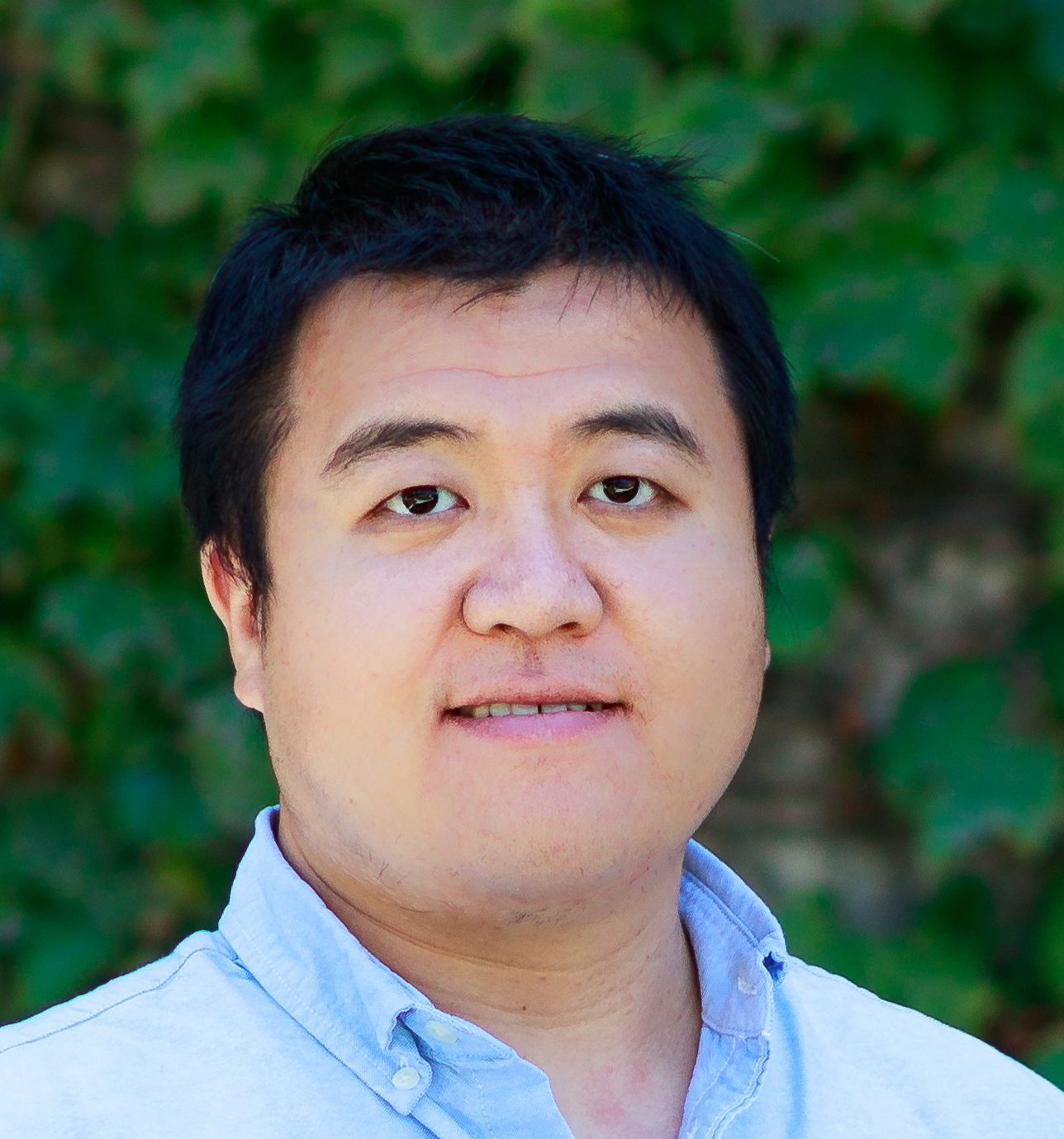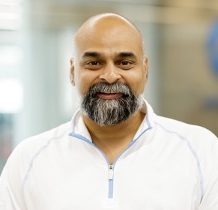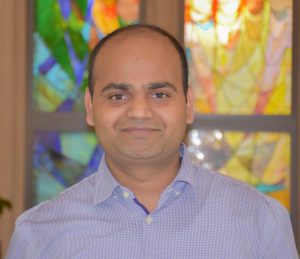These faculty joined Duke during 2016-2019 in recruitments led by the Regeneration Next Initiative.
 Yarui Diao, PhD
Yarui Diao, PhD
Assistant Professor of Cell Biology
Research description: Our lab’s research is mainly focused on two areas: (1) developing innovative functional genomics tools to study how changes of chromatin structure and function control gene expression; (2) applying genomics tools with cellular and animal models, to delineate the gene regulation mechanism controlling skeletal muscle regeneration in injury and diseases. DiaoLabWebsite
 Zhao Zhang, PhD
Zhao Zhang, PhD
Assistant Professor of Pharmacology and Cancer Biology
Research Description: The ZZ-Lab is fascinated with the genomic content taking half of our genome-the jumping gene, also known as the transposon. Besides their abundance, transposons represent a potentially explosive source of genomic instability that can cause animal sterility and disease (such as cancer), and potentially drive aging. We aim to uncover how transposons are controlled and their influence on reproduction, development, and disease. We also aim to harness transposons to develop personalized cancer vaccines. ZZLabWebsite
 Aravind Asokan, PhD
Aravind Asokan, PhD
Director of Gene Therapy, Professor in Surgery, Biomedical Engineering & Molecular Genetics & Microbiology
Research Description: My lab is focused on building innovative technology platforms for gene therapy, gene regulation and genome editing. Our cross-disciplinary approach hinges at the interface of molecular biology, virology and genetics. Our structure-driven platform has yielded several recombinant AAV vectors being evaluated in preclinical and clinical studies to treat genetic disorders. AsokanLabWebsite
 Purushothama Rao Tata, PhD
Purushothama Rao Tata, PhD
Assistant Professor of Cell Biology
Research Description: In the past few years, my lab’s research has focused on understanding how cells maintain their identity in an adult organism, and how they balance the need to ensure stability and allow plasticity when necessary. Our recent work identified novel and rare cell types and identified a novel mode of regeneration in airways identified a role for inflammatory cytokines in alveolar repair following influenza infection. TataLabWebsite